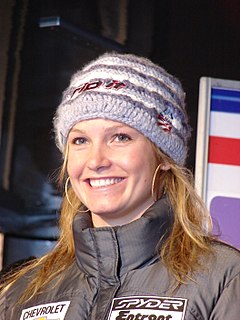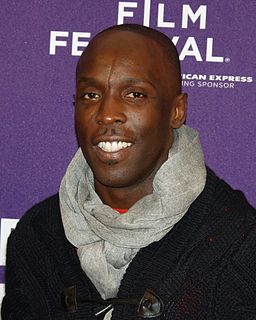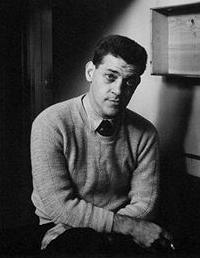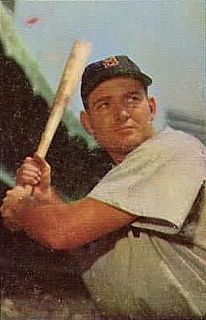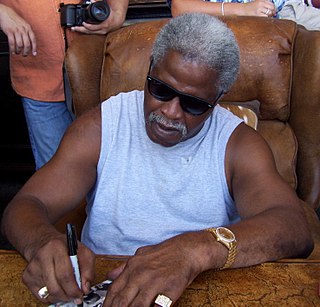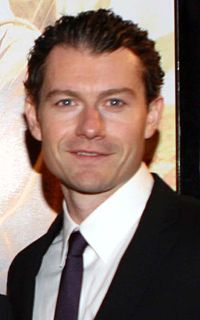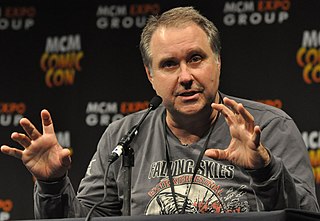A Quote by Julia Mancuso
I knew I really had to put down a good run. I played it safe, and took risks when I could, and I came in the fastest, I guess.
Related Quotes
My dancing came about as a way to be cool, actually. I knew early on that I was not a street kid. I didn't have the moxie, what it took to run the streets with the dudes that I grew up wanting to emulate. But I had a huge need to be accepted, so I found that I could be the party king. I did drugs really well, and I partied really well.
I remember the last season I played. I went home after a ballgame one day, lay down on my bed, and tears came to my eyes. How can you explain that? It's like crying for your mother after she's gone. You cry because you love her. I cried, I guess, because I loved baseball, and I knew I had to leave it.
I knew I could play well on the grass, but I really played so well today. I knew exactly what I had to play to beat her. I just did everything I could in the moment. I was very focused for every point. I knew that I had to go forward for every shot I was playing to push her back, and yeah, I did it.
We're just one cog in this giant machine. You show up and look at all the other cogs like, "Wow, everyone is the best at what they do." You're in really good hands. And that frees you up to play and feel safe, and you can take chances, creatively. You can take risks. I want to show up to work and take risks. I don't ever want to play it safe.
Casting is really weird. Honestly, when Alan Ruck's name came up - and I've worked with Alan before - I went, "Yes, he's perfect." He came in and read for us, which was really sweet of him because he didn't have to, and he nailed it in seconds. We knew exactly who we had. That stuff is really good and fun.
As a teenager in Brooklyn Quentin had often imagined himself engaged in martial heroics, but after this he knew, as a cold immutable fact, that he would do anything necessary, sacrificing whatever or whomever he had to, to avoid risking exposure to physical violence. Shame never came into it. He embraced his new identity as a coward. He would run in the other direction. He would lie down and cry and put his arms over his head or play dead. It didn't matter what he had to do, he would do it and be glad.
